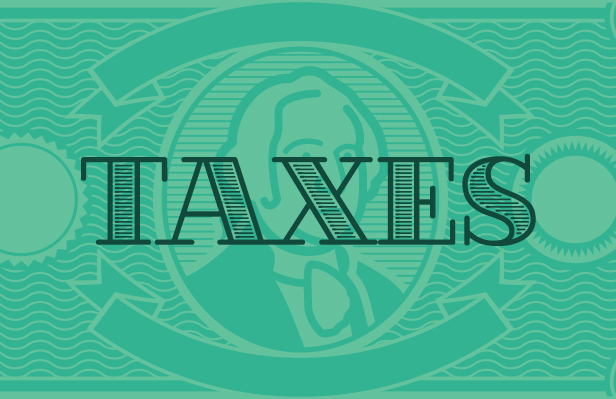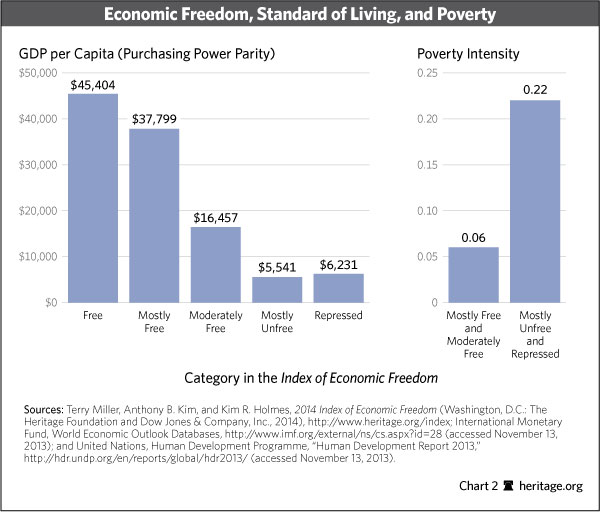Media

How to Help the Poor Leave Poverty Behind
Making “the rich” pay higher taxes will miraculously help the poor. This antiquated idea is the conclusion of a recent paper released by the Institute on Taxation and Economic Policy (ITEP).
According to ITEP, the poor pay a higher effective tax rate than any other income group. Without a doubt, this is unfair.
But is it true? The Tax Foundation has an excellent analysis questioning the validity of ITEP’s findings. The Tax Foundation finds that ITEP’s report does not offer the full picture of each income group’s tax burden.
But let’s put aside the problems with the report and assume the poor really do pay the highest effective tax rate. What is the fairest solution to this problem? It’s certainly not higher taxes on the wealthy.
Although the report pays lip service to the idea of a fairer tax system, their solution—a progressive tax system—would lead to more inequality, proving detrimental to the poor.
The “Big Government Party”—led by government union leaders—wants you believe that higher taxes on the wealthy is fair. Yet raising tax rates on the wealthy would require the government to treat individuals unequally based on their income. There’s nothing fair or equitable about this.
Tax policy, to the extent possible, should ensure all income groups are treated equally. Pennsylvania’s flat tax is a model to follow in this regard.
Not only is a progressive tax system unfair, but it is not a good way to lift the poor out of poverty.
A better alternative would be to lower the tax burden on all income earners and shrink government’s involvement in the economy. These steps would increase economic freedom, which has proved to be the greatest tool for economic prosperity and poverty reduction in human history.

As the chart above shows, countries with more economic freedom—think lower taxes and less government spending— have a higher GDP per capita and lower levels of poverty intensity. Here’s how the Heritage Foundation describes poverty intensity:
Poverty intensity, as measured by the United Nations Development Programme (UNDP) Multidimensional Poverty Index that assesses the nature and intensity of deprivation at the individual level in education, health, and standard of living, is much lower on average in countries with higher levels of economic freedom.
If the goal of political activity is to improve the lives of everyone, including the poor, then limiting the size and scope of government is imperative.
We will have a freer, fairer, and more prosperous society as a result.